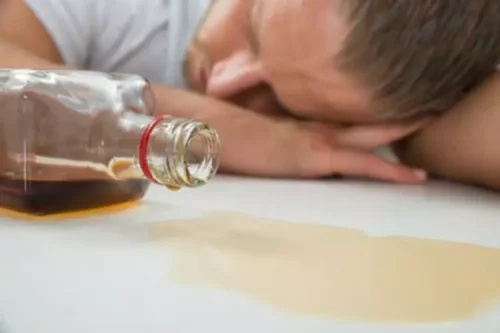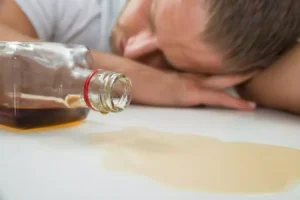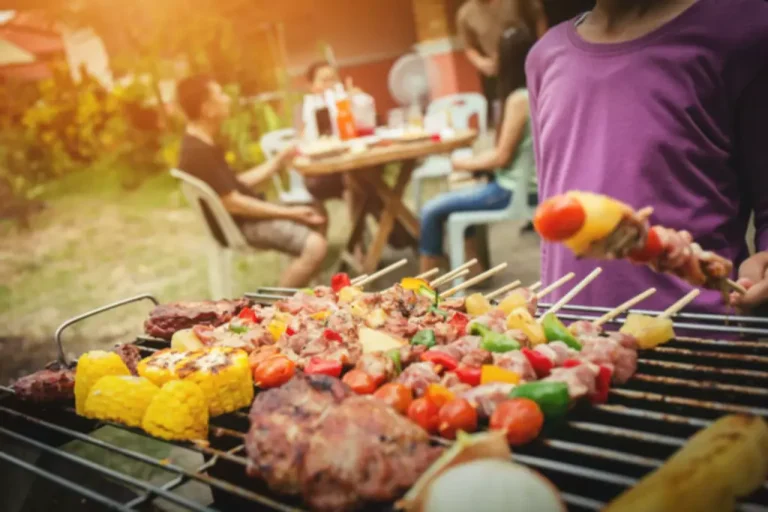
This increased to 12,524 people in 2022, or 32% of all traffic deaths. This equates to about 28 lives lost daily, or one death every 45 minutes. Drunk driving deaths have increased by 33% since 2019, after a decade of 10,000 alcohol-related fatalities per year.

Can Increased Liver Enzymes Result From Gallbladder Failure?
To maintain kidney health, it is essential to drink in moderation or abstain from alcohol if advised by a healthcare professional. Staying hydrated and maintaining a healthy weight can also positively impact kidney function. It is always advisable to consult a doctor for any kidney pain to ensure prompt diagnosis and treatment. Frequent binge drinking sessions will wear down your kidneys and liver making your body more susceptible to back pain.
Kidney Pain After Drinking: 7 Possible Causes
Symptoms from kidney-related issues can range from sharp pain during an infection to a persistent ache from stones. Conclusions affirm that all four muscle relaxants can be safely used in end-stage renal failure, sometimes exhibiting accelerated onset with no-response periods. Muscle relaxants, due to hydrophilicity and ionization at body pH, are deeply affected by renal failure and their use is prevalent among hemodialysis patients. To alleviate kidney pain, consider using heat by applying a heating pad on your back, abdomen, or side. Over-the-counter pain relievers such as acetaminophen or ibuprofen can also help ease discomfort, unless contraindicated due to liver or kidney issues.
- This discomfort can range from mild to severe and may indicate underlying issues with kidney function or damage caused by alcohol consumption.
- In this article, we will explore the dangers and consequences of alcohol consumption, what to know about kidney disease, and how sobriety can lead to a healthier life.
- Here, I’ll explain adjustments including hydration, a healthy diet, exercise, stress management, and alcohol moderation that can help in prevention.
- Kidney pain after alcohol consumption is a concern for many individuals who experience discomfort in the lower back or near the rib cage after drinking.
Avoiding Dehydration

If your pain stems from kidney stones, your doctor may prescribe you medication to help you pass the stone. But if you have many kidney stones, or they’re too big to pass, your doctor may recommend surgery to break them down. Your doctor will likely prescribe you an antibiotic if your kidney pain is being caused by an infection. Once your doctor diagnoses the cause of your kidney pain, they can decide on the best treatment plan for you. Kidney pain is felt higher and deeper in your body than back pain.
- But if you experience some back pain or drink heavily and often, alcohol may lead to worsened back pain over time.
- Kidney-cleansing programs vary but usually follow a restricted and healthy diet for several days.
- Eliminating alcohol is essential for someone suffering from Glomerulosclerosis to prevent future scarring and allow the kidney to function the best it can.
- Additionally, adopting a healthy lifestyle, including abstinence from alcohol, can significantly improve the chances of kidney recovery and overall well-being.
When people consume too much alcohol at once or regularly consume alcohol over time, it alters the structure and function of their kidneys. Alcohol harms the kidneys by changing the way these organs process substances. The kidneys’ primary function is to filter out toxins from Oxford House the bloodstream.
- A person can often treat mild back pain at home with activity modification, heat therapy, and over-the-counter pain relievers.
- When alcohol dehydrates (dries out) the body, the drying effect can affect the normal function of cells and organs, including the kidneys.
- Additionally, alcohol consumption blocks the production of vasopressin, a hormone that helps regulate water levels in the body.
- This condition can cause significant discomfort as stones form and move through the urinary tract.
- Understanding these differences is crucial, particularly as kidney pain is frequently mistaken for back pain.
- Your body weight affects how much load your upper back must carry on a daily basis.
- This gives way to symptoms such as pain in your kidney, flank, and back.
- Pancreatitis (inflammation of the pancreas) and pancreatic cancer represent the primary pancreatic conditions causing back pain.
- If your pain stems from kidney stones, your doctor may prescribe you medication to help you pass the stone.
- In addition to filtering blood, your kidneys do many other important jobs.
Abdominal pain and diarrhea are two of the most common period-related gastrointestinal symptoms 2. Abdominal pain and diarrhea are two of the most common period-related gastrointestinal symptoms2. It is generally advised to avoid mixing alcohol with medication, especially pain medication. Alcohol can have adverse effects when mixed with certain medications, such as acetaminophen, aspirin, and opiates. It is important to consult your doctor or pharmacist to understand how your medications interact with alcohol. The estimated annual cost of alcohol-related fatal crashes is $44 billion, including lost productivity, legal fees, court and medical expenses, property damage, and insurance administration.


Located in a serene beachside setting in Huntington Beach, CA, our center addresses alcohol addiction and other mental health concerns through a kidney pain from drinking range of outpatient programs. These programs are designed to fit into your life, allowing you to fulfill your personal and professional responsibilities while engaging with addiction treatment. Here are some of the potential causes of alcohol-related kidney pain.
Scoliosis Upper Back Pain: Symptoms, Causes, and Treatment Options

Claiming excessive drinking on a regular basis and consuming certain types of alcohol such as beer and grain alcohol can increase the chance of kidney stones developing. Although there are other studies that claim there is no direct link but alcohol doesn’t help pass kidney stones and it doesn’t contribute to the overall health of someone’s kidney function. Alcohol is a ubiquitous substance in many societies, and it can be easy to overlook its impact on the body — especially on organs that do not directly process it.
